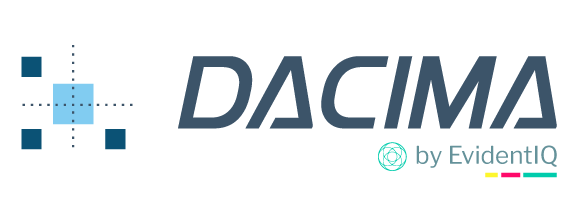Importance of accurate data collection for a successful clinical trial
Clinical trials are experimental study designs involving patients and are crucial for the testing and evaluating potential cures (new drugs and treatments) for diseases, or to find preventative interventions. In clinical trials, preventatives are not primary preventatives, since they do not prevent to occurrence of the initial onset of the disease but rather prevent sequelae of the initial disease. For example, chemotherapeutic agents do not prevent the initial development of cancer but may prevent recurrence of cancer.
The first step in conducting a high quality clinical trial is to develop a well-designed study protocol. Second, it is important to create well designed Case Report Forms (CRFs) that include all the questions, scales, measures and outcome variables of the trial. The design of the questions on the CRFs is crucial in obtaining the relevant variables needed to answer the trial research question(s) since the manner in which the data is collected and recorded determines and contributes to quality and accuracy of the trial. While researchers place a great deal of effort in these protocol and questionnaire preparation, data management considerations are often ignored. No matter how well a trial and CRFs are designed, if the data collection tools used to electronically record the data are not well designed and implemented, the resulting poor quality of the data can result in a failure in ability of the trial to answer the research question. This means that the software/database used to record and store this data must also be well designed to insure the highest quality data. A lot of time and effort is spent on conducting a clinical trial and if the data collected is not accurate, or if it cannot be properly analyzed then the whole exercise becomes futile. Consequently, the software used for data capture plays a crucial role in insuring the quality of the data by minimizing errors in data collection and insuring that the database is well designed so as to efficiently capture and manage that data.
The development and adoption of web-based electronic data capture software (EDC) has made it possible to capture data from any location remotely, improved study efficiency and security. In industry sponsored clinical trials it had become the norm to use EDC systems for the collection of trial data. However, in academia there is a wide range of solutions that are used. Some researchers used established EDC software while others implement ad hoc solutions using custom databases or even Excel files to collect data. Creating a custom database can be an expensive and time consuming task that requires professional programmers. Excel is easy for non-technical users to create simply flat files for data collection, but it is important to keep in mind that this software was designed for accounting and is not a good approach for data collection. But because Excel is so easy and intuitive for non-IT users to use, it is too often used for clinical data collection by academic researchers particularly when budgets are limited. These “flat file” approaches (whether in Excel or other software such as Access) usually result in poor data quality since they results in the users creating inappropriate data types for the variables, and data entry process is prone to errors. Moreover, they usually lack the validation, data querying and audit trail features present in most EDC software. While the initial low cost is appealing, there are often expensive downstream costs related of data cleaning and the potential failure of the trial in answering the research question due to poor quality data.
EDC systems allow for data to be collected and edited in user-friendly web interfaces and enable real-time data validation by incorporating validation checks and features directly into the electronic Case Report Forms (eCRFs) which improves accuracy of the data and minimize data entry errors. Thus, saving time and money by reducing the time needed to collect the data, clean the data, analyze, and generate reports for submission to regulatory agencies.
There are many vendors in the market who have developed software for electronic data capture clinical trials. It is important to carefully assess the features, capabilities and options that are available of the different software applications. There are many factors to consider: Does it have the features you require? Is it easy to use? Is it FDA 21 CFR Part 11 validation ready? Does it have features such as medical coding, IWRS (web randomization), and electronic patient reported outcome (ePRO) and eDiary capabilities. Does it have the form design capabilities you need? And finally, what are the costs? Remember, not all EDC systems are created equal. Some of the most innovative and powerful features come from the smaller vendors who are developing cutting edge features and capabilities into their technology.
As the market for this electronic data capture software continues to grow, the standards are evolving to keep up with the changing trends and regulatory requirements. Sponsors of clinical trials, including pharmaceutical, medical device and biotechnology companies, have their own departments dedicated and established systems in place for managing data collection for their trials, or contract with CROs to manage their trials. EDC technology is evolving with many exciting new functionalities to improve study efficiency and provide a better user experience.
Like this article? Share it!


